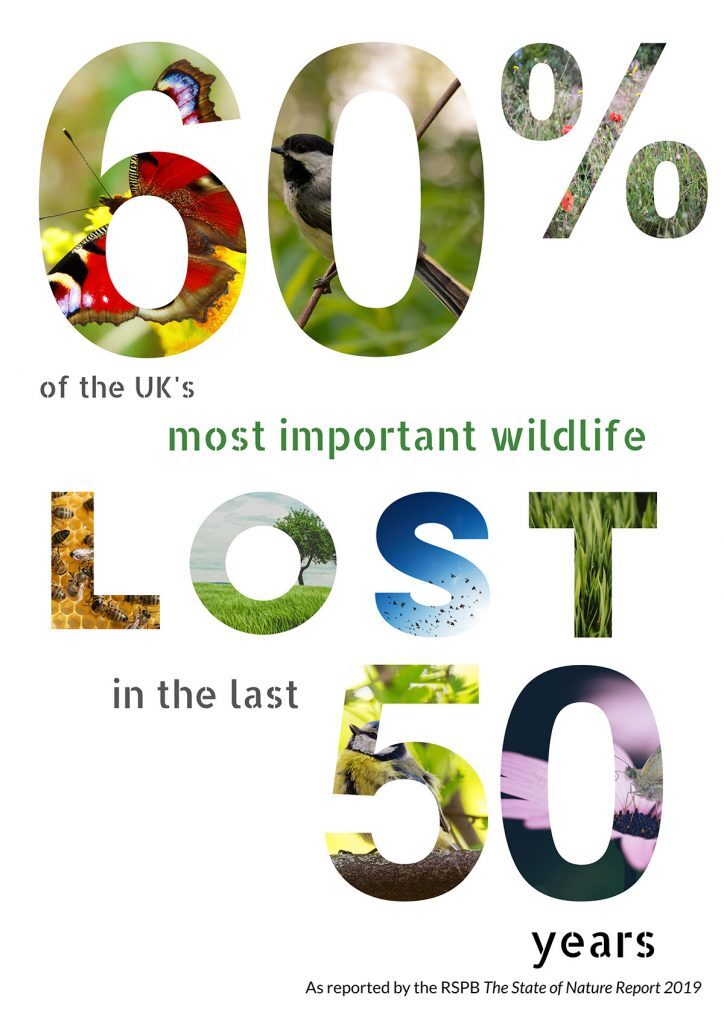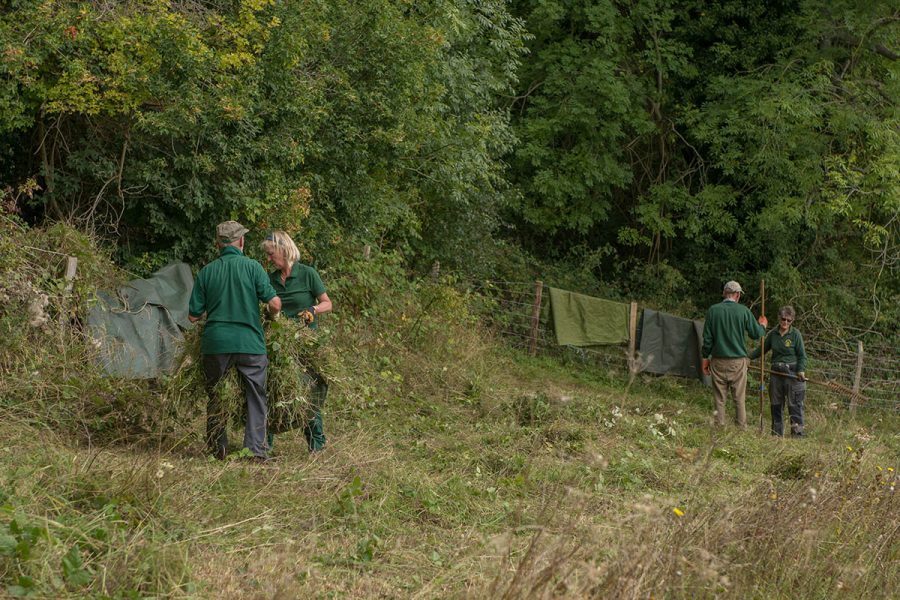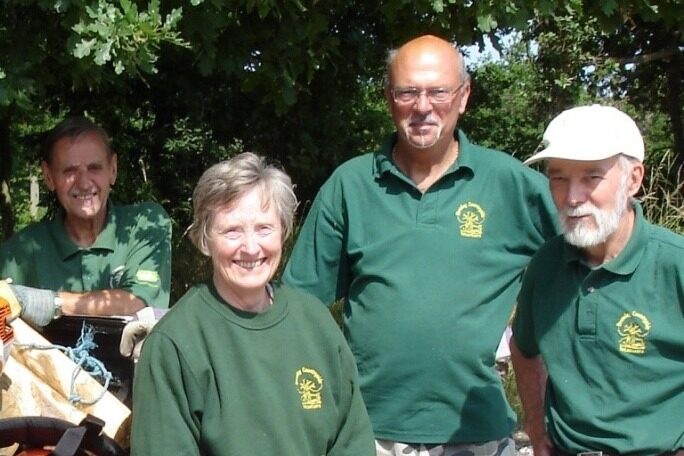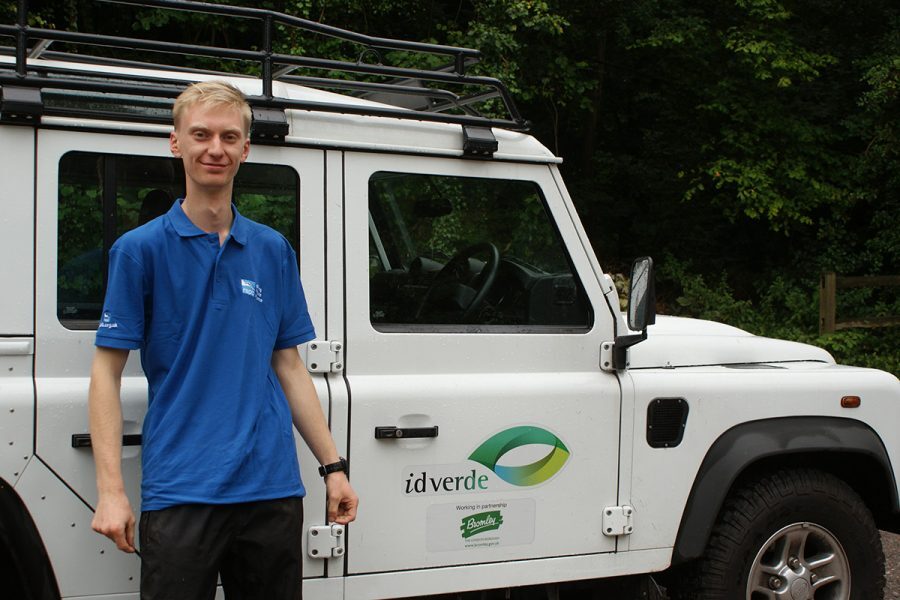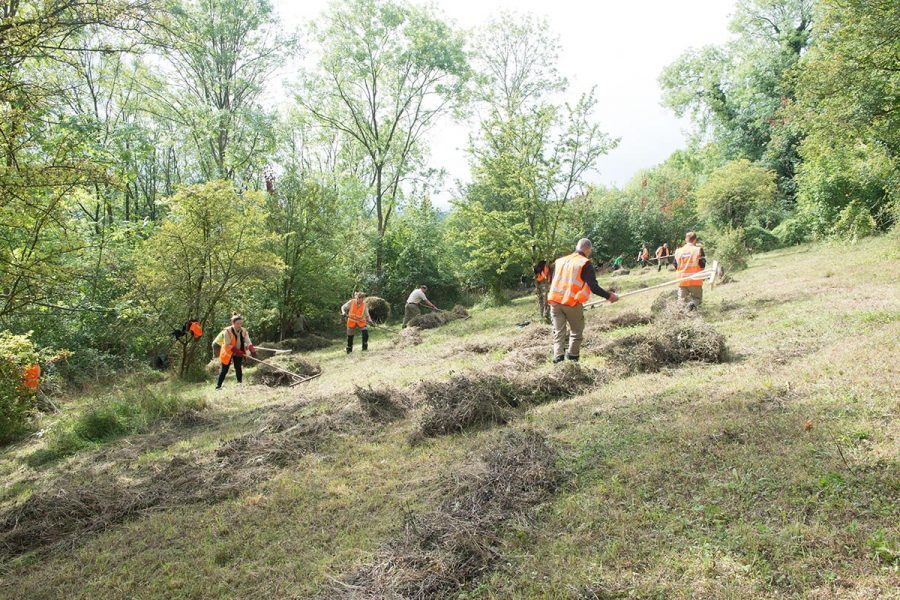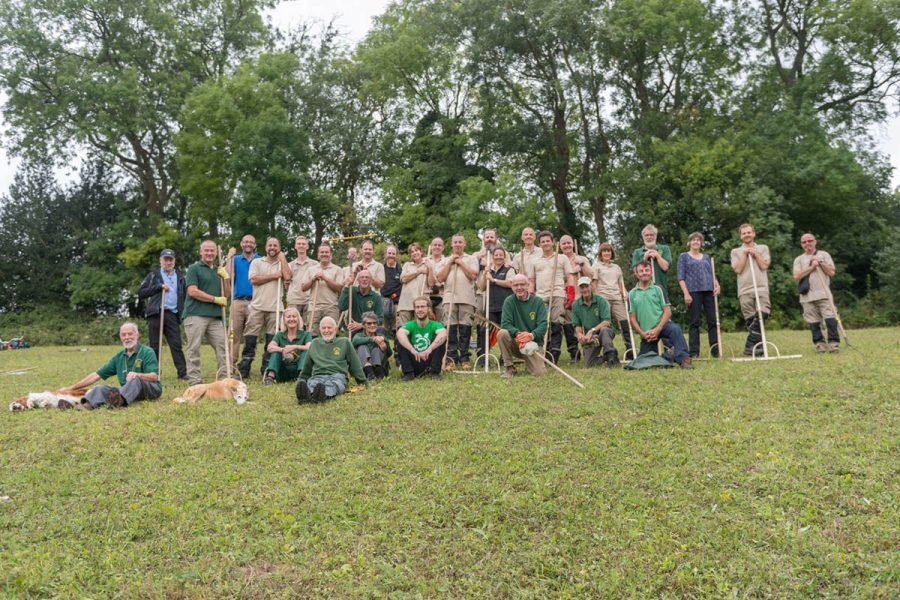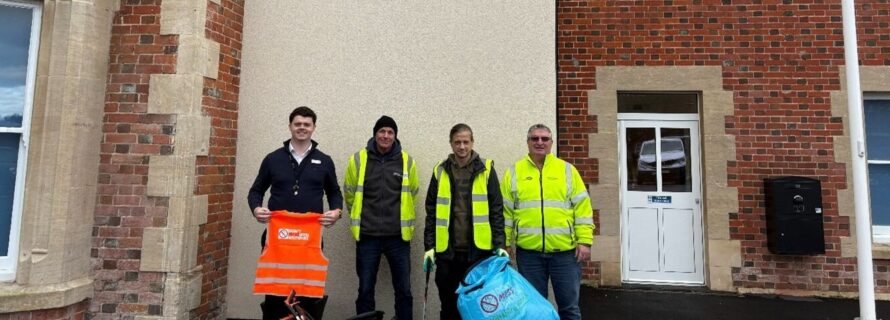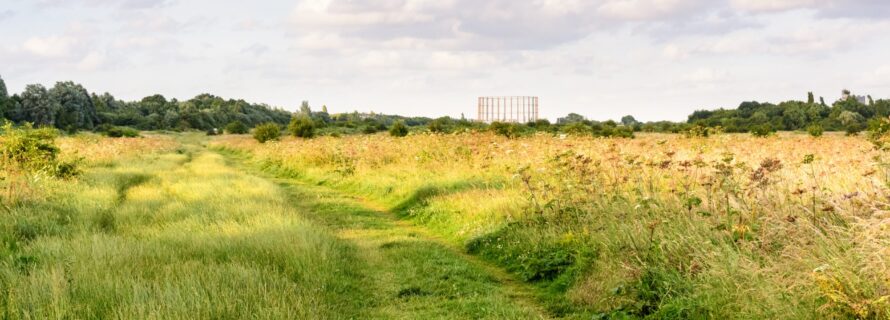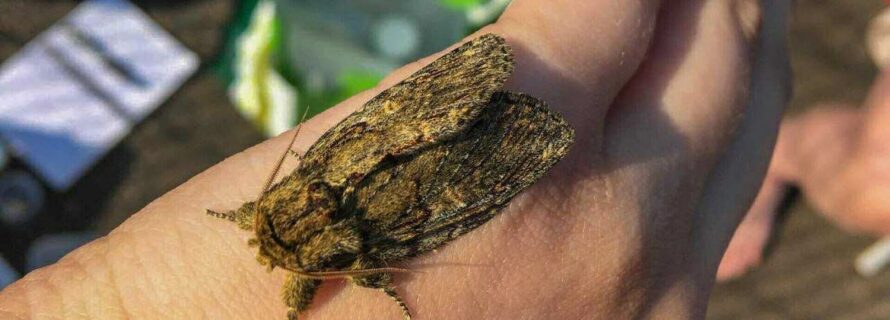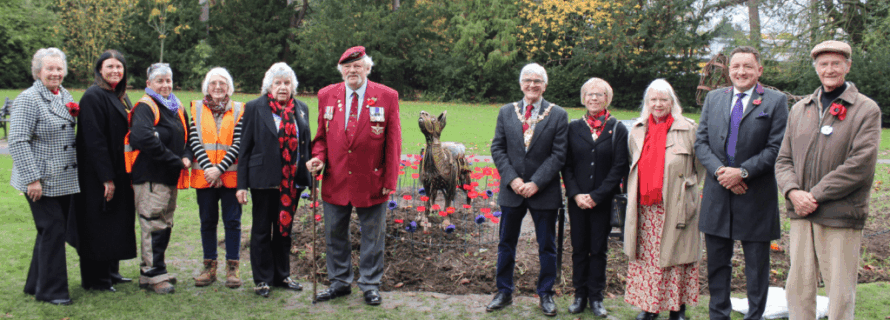Every Wednesday and Thursday, come rain or shine, this dedicated group collects their tools from Den Barn and heads out into the countryside. Their work spans heathland, wildflower meadows, ancient woodland and wetland. Some of the volunteers are highly skilled in the use of chainsaws and mowers, and all are adept with loppers, saws, rakes and forks.
Most of their work is by hand, working in places where big machinery cannot access, and this makes it incredibly resource-intensive.
The BCV was formed in 1989, when the Council was awarded a grant by the then Countryside Commission to improve ‘urban fringe’ and make better use of Bromley’s green belt.
The grant was initially aimed at encouraging landowners to make more biodiversity-aware land management choices, but also covered the council-owned land that the BCV still work on today. The BCV was one of the first green space volunteer groups to have appeared in Bromley, with many of the later Friends groups not appearing for a further 15 years.

